Seattle: Resources for Smoky Days
Where to find shelter
In preparation for a potential poor air quality event this wildfire season, the Seattle Human Services Department (HSD) is engaged in planning, in partnership with the Office of Emergency Management (OEM) and Public Health—Seattle & King County (PHSKC), to support those living unsheltered by opening up cleaner air shelters if the need arises.
In case of a poor air quality event, HSD has identified temporary shelter locations, such as Fisher Pavilion and Exhibition Hall at Seattle Center, and other locations outside the downtown core, which have the air filtration systems necessary to comply with both smoke and COVID-19 public health protocols, which narrows the number of appropriate facilities to utilize as cleaner-air shelters.
The City contracts with The Salvation Army to operate inclement weather shelters, including cleaner air shelters, although provider capacity remains a challenge throughout our shelter system and can impact the number of sites and emergency shelter capacity.
HSD’s HOPE Team is also capable of being activated in response to a poor air quality event, as well as other severe weather—including winter storms and excessive heat. This outreach may include performing wellness checks, handing out water and other basic needs supplies, sharing information on temporary shelter/day center locations, and providing transportation to shelters. This outreach is done in coordination with City-contracted outreach providers, Health One, and other City Department partners.
Last September, during the dual crisis of COVID-19 and wildfire smoke, HSD (in partnership with PHSKC and The Salvation Army) opened a 24-hour smoke relief shelter for five consecutive days in SoDo with a capacity for 100 individuals. Highlighting the challenges of opening emergency shelters during COVID-19, there was a COVID-19 exposure at this shelter despite Public Health COVID-19 safety protocols in place.
Efforts last year to open additional cleaner air spaces were restricted due to provider capacity, the need for additional COVID-19 safety protocols, and potential cleaner air shelter spaces being utilized as COVID-19 de-intensification shelters.
Where to find shelter during the day
Libraries
The following libraries offer air-conditioned public space and can be used as a place to cool off when outdoor temperatures are high. The Central Library and several neighborhood branches are reopening this week during peak hours. Masks are still required regardless of vaccination status, and physical distancing remains in place. Please be sure to check Library hours online at SPL.org, or by calling our Ask Us line at 206-386-4636, before visiting.
Ballard Branch
Status: Reopened
Hours: Open from 10 a.m. to 6 p.m. Tuesdays through Saturdays
Beacon Hill Branch
Status: Reopened
Hours: Open from 10 a.m. to 6 p.m. Tuesdays through Saturdays
Broadview Branch
Status: Reopened
Hours: Open from 10 a.m. to 6 p.m. Tuesdays through Saturdays
Central Library
Status: Reopening Levels 1, 3, and 5 on Tuesday, June 22
Hours: Open from 10 a.m. to 6 p.m. Tuesdays through Saturdays
Delridge Branch
Status: Reopening Wednesday, June 23
Hours: Open from 10 a.m. to 6 p.m. Mondays and Wednesdays
Douglass-Truth Branch
Status: Reopened
Hours: Open from 10 a.m. to 6 p.m. Tuesdays through Saturdays
Greenwood Branch
Status: Reopening Wednesday, June 23
Hours: Open from 10 a.m. to 6 p.m. Wednesdays and Fridays; noon to 6 p.m. Sundays
High Point Branch
Status: Reopening Wednesday, June 23
Hours: Open from 10 a.m. to 6 p.m. Wednesdays and Fridays; noon to 6 p.m. Sundays
International District/Chinatown Branch
Status: Reopening Sunday, June 27
Hours: Open from 10 a.m. to 6 p.m. Mondays; noon to 6 p.m. Sundays
Lake City Branch
Status: Reopened
Hours: Open from 10 a.m. to 6 p.m. Tuesdays through Saturdays
Magnolia Branch
Status: Reopening Wednesday, June 23
Hours: Open from 10 a.m. to 6 p.m. Wednesdays and Fridays; noon to 6 p.m. Sundays
Rainier Beach Branch
Status: Reopened
Hours: Open from 10 a.m. to 6 p.m. Tuesdays through Saturdays
South Park Branch
Status: Reopening Thursday, June 24
Hours: Open from 10 a.m. to 6 p.m. Mondays, Thursdays, and Saturdays
Seattle Center
Seattle Center Armory is open to the public and is equipped with air conditioning and filtration. View the campus map PDF.
Seattle Center Armory Food & Event Hall, 10:00 AM – 6:00 PM daily
International Fountain, 10:00 PM – 9:00 PM daily
What can I do to protect myself and my family from outdoor smoke? (From DOH)
Prepare For Fire Season Fact Sheet – U.S. Environmental Protection Agency
Smoke Ready Toolbox – U.S. Environmental Protection Agency
Air Pollution & School Activities – Washington State Department of Health
Washington Smoke Blog – Washington State Department of Ecology Blog
What Is Wildfire Smoke & Can It Make Me Sick? – Centers for Disease Control & Prevention
Smoke From Fires – Washington State Department of Health
Indoor Air Quality – Washington State Department of Health
Check local air quality reports and listen to news or health warnings for your community.
Check air quality near you: https://enviwa.ecology.wa.gov/
Tiếng Việt https://youtu.be/8HXcbVfTdwQ
Avoid physical exertion outdoors if smoke is in the air.
If you have asthma or other lung diseases, make sure you follow your doctor’s directions about taking your medicines and follow your asthma management plan. Call your health care provider if your symptoms worsen.
Stay indoors and keep indoor air as clean as possible. Take the following steps when indoors:
Keep windows and doors closed. Track the air quality and open your windows for fresh air when the air quality improves.
Pay attention to the heat indoors and follow the guidance in the section below if it’s too hot.
Run an air conditioner, set it to re-circulate, and close the fresh-air intake. Make sure to change the filter regularly.
Use an air cleaner with a high-efficiency particulate air (HEPA) filter to reduce indoor air pollution. A HEPA filter will reduce the number of irritating fine particles in indoor air. A HEPA filter with charcoal will help remove some of the gases from the smoke. Do not use an air cleaner that produces ozone. For more information:
Don’t add to indoor pollution. Don’t use food boilers, candles, incense, fireplaces, or gas stoves. Don’t vacuum unless your vacuum has a HEPA filter, because vacuuming stirs up particles already inside your home. Don’t smoke, because smoking puts even more pollution into the air.
Consider leaving the area if the air quality is poor and it’s not possible to keep indoor air clean, especially if you or those you are caring for are having health problems or are in a sensitive group. See section above titled, who is especially sensitive to smoke.
Protect your pets from poor air quality and smoke
Make sure pets are healthy with regular veterinary care so they are better able to cope with extreme conditions
Keep pets indoors as much as possible and keep windows shut.
Never put birds outside or near open windows when air quality is poor due to smoke or other conditions as they are particularly susceptible.
Avoid all physical exertion or intense exercise. Use nose work or behavior training exercises indoors to deal with excess energy.
Pay special attention to older, ill animals or those with flat faces (i.e. Pugs, Persian cats) who are less able to cope with extreme conditions.
For outdoor pets (miniature goats, hens)
Make sure they have plenty of clean, freshwater.
Offer low dust or dust-free feed.
Use misters or sprinklers to keep the dust down in bedding and feeding areas.
Learn how to make your own clean air fan:
Español https://youtu.be/paDqiIZUECw
한국어 https://youtu.be/zqlWd8-74CU |
Tiếng Việt https://youtu.be/8HXcbVfTdwQ
This low-cost, easy do-it-yourself fan-filter combination can clean the air in a small room. The filter can reduce tiny, harmful particles in bad air – like wildfire smoke, wood smoke, dust, vehicle exhaust, and pesticide spray. What you need:
• 20-inch box fan, with the power switch on top or front
• 20-inch x 20-inch x 1-inch furnace filter, MERV rating 11-14
• Bungee cord
Use it in a small room, with the windows and doors closed. Don’t put it in an open window because it will bring in more dirty air. Turn off the fan when you’re not home. The filter MAY make the motor work harder and get hot.

